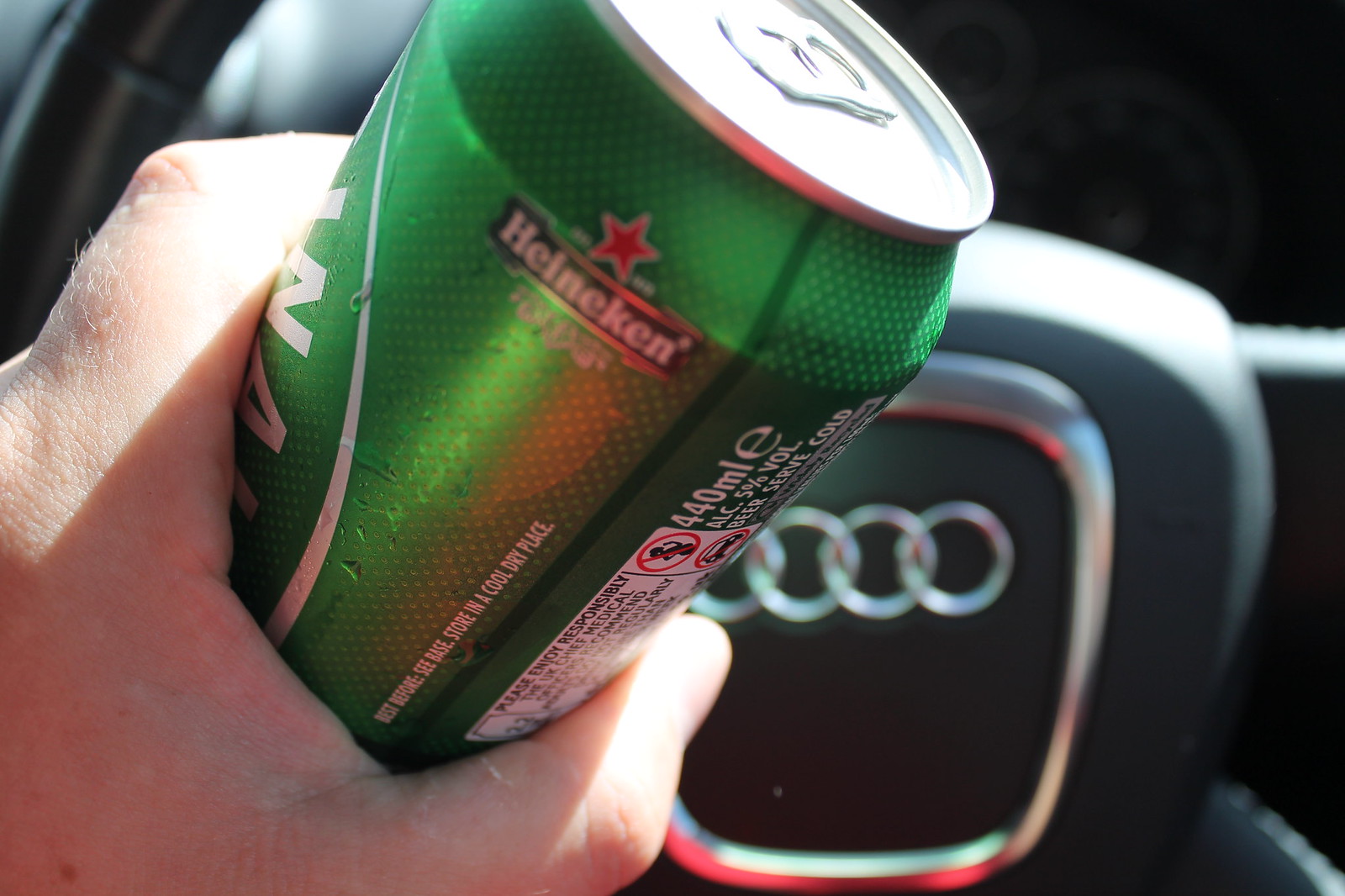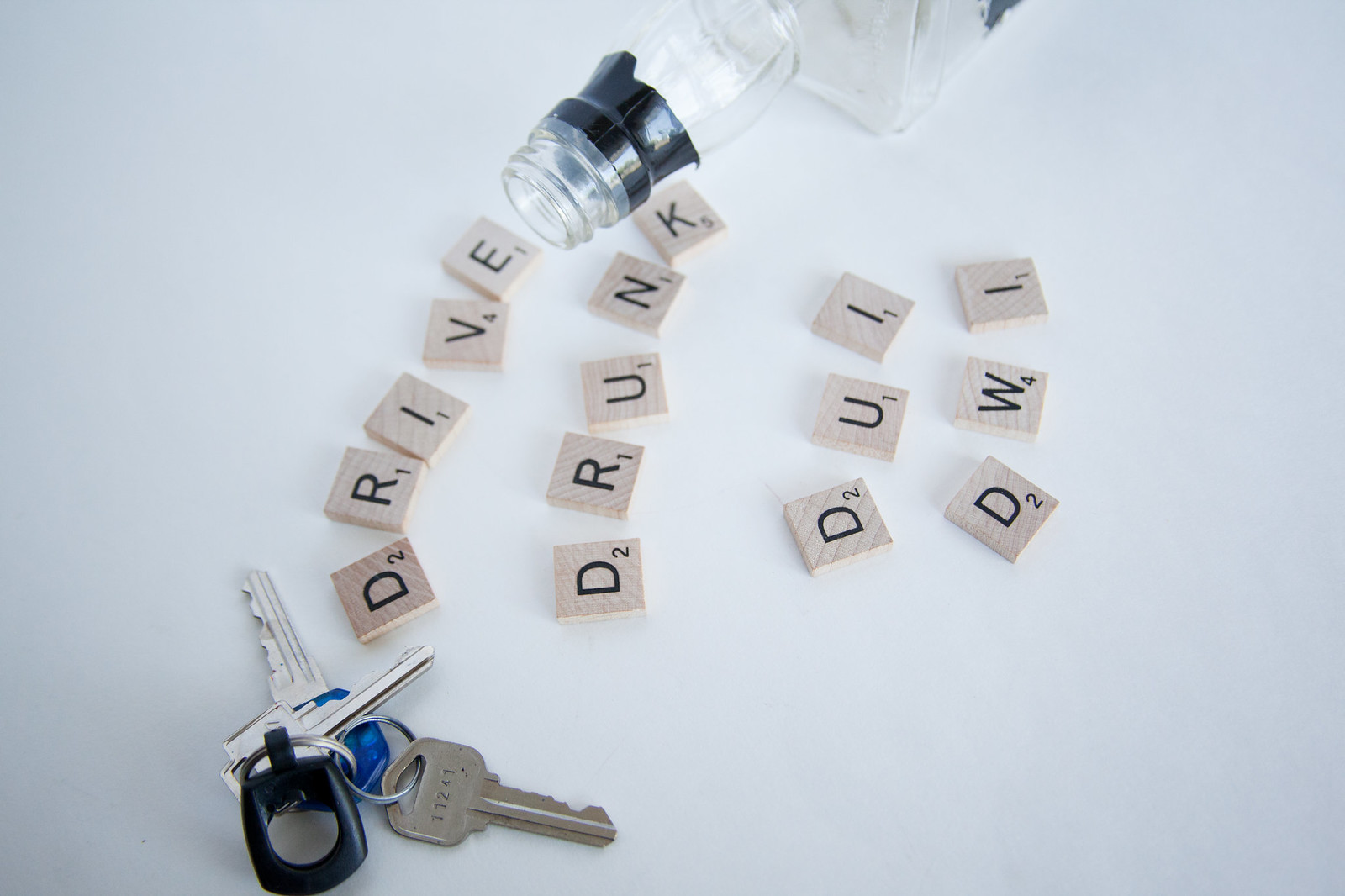Whether or not an appeal of your DUI conviction or license suspension is necessary is completely up to you. Many defendants have very limited appellate options in DUI cases because so many of them accept plea bargains to reduce their charges.
Charges for driving under the influence of alcohol or drugs (DUI) are common throughout the United States. Drunk driving-related car accidents are extremely dangerous – sometimes deadly – and the police are constantly on the lookout for drunk drivers. In addition, DUIs are commonly punished with driver’s license suspensions, making it difficult for the defendant to get around. DUIs will be reflected on your criminal record and your driving history, and they will undoubtedly come back to haunt you in the future. However, not every DUI conviction is legally sound, and you may want to consider appealing your DUI.
A DUI, just like any other criminal conviction, may be appealed. DUI appeals are somewhat less common because the charges are often difficult to beat, and the penalties may not include jail time. However, DUIs tend to hang over your head for a long time after your conviction. If you believe your conviction was the result of a legal error, you may file an appeal. The nature of your appeal will depend on your individual case.
Although appeals for DUIs are less common, they are still possible. People have rights to file an appeal after any criminal conviction unless they waived those rights as part of a plea bargain. Appealing a DUI may result in a new trial and a second chance to fight the charges.
Appealing a Conviction for a DUI
Criminal defendants have a right to file an appeal if they are convicted. An appeal is not like a brand-new trial; there is no new evidence to present, nor are there any new arguments regarding the defendant’s guilt. At the appeal hearing, a higher court reviews your case from the lower court for any legal errors, not factual errors. Legal errors are things like mistakes of law that may have harmed your case. The types of errors the appellate court will look for will depend on your claims for your appeal.
You may only appeal the issues you preserved for appeal at your DUI trial. Preserving something for appeal can be done simply by objecting. Things you can commonly appeal are failed motions or overruled objections. For example, common motions in a DUI case might involve the admissibility of certain pieces of evidence, such as testimony from the police that arrested you or the measurements of your blood alcohol concentration (BAC).

Appealing a DUI is often difficult because the evidence against you tends to be difficult to refute. Law enforcement officers frequently use breathalyzer testing or other chemical testing to get a BAC measurement. These testing devices are heavily relied upon and trusted by the police and the court. Therefore, proving a BAC test was wrong may be easier said than done. However, if the test was indeed incorrect and should not have been admitted, you may appeal.
Grounds for Appeal in a DUI Case
As stated previously, inadmissible evidence that was mistakenly admitted in court may be grounds for an appeal. Evidence typical for a DUI case includes BAC measurements and the testimony of the arresting officer. Often, little more evidence is needed to secure a conviction. If the officer can testify they saw you driving and prove you were drunk with a BAC measurement, a conviction is all but guaranteed. If the evidence seems airtight, you could appeal other issues, such as how the judge instructed the jurors before they entered deliberations. Poor jury instructions may lead to a tainted verdict.
If a direct appeal has been exhausted, or you want to forgo the direct appeal, many states offer defendants the option to file petitions under post-conviction relief laws. These are indirect appeals that do not necessarily have to be based on legal errors from your trial. For example, it may be possible to file a petition for post-conviction relief if new evidence that was previously unknown has been discovered. Alternatively, you could file this type of appeal for ineffective assistance of counsel.
The grounds for your appeal will vary depending on what happened in your initial DUI trial. You should speak to a DUI defense attorney about your case to determine if you have any grounds to file an appeal.
Appealing a License Suspension for a DUI
When appeals are filed, they are often for criminal convictions. However, DUIs are unique because they have both civil and criminal components. The conviction itself is the criminal component and may be appealed directly or through your state’s post-conviction relief laws. However, the suspension of a driver’s license is often a civil rather than criminal consequence of a DUI and may be appealed in a separate civil hearing or a hearing through your state’s driver’s license department or DMV.
Usually, the outcome of a driver’s license suspension appeal does not affect the outcome of a criminal DUI trial. You could successfully have your license reinstated and still be found guilty of the DUI. Appealing your license suspension is a formal proceeding and you will likely need a lawyer’s assistance to get through it.
Is Appealing a DUI Necessary?
Whether or not an appeal of your DUI conviction or license suspension is necessary is completely up to you. Many defendants have very limited appellate options in DUI cases because so many of them accept plea bargains to reduce their charges. As a result, many people agree to suffer through the consequences as long as they do not have to serve jail time. If you think your DUI conviction was improper, speak to an experienced DUI Defense lawyer immediately to discuss your appellate options.


Join the conversation!